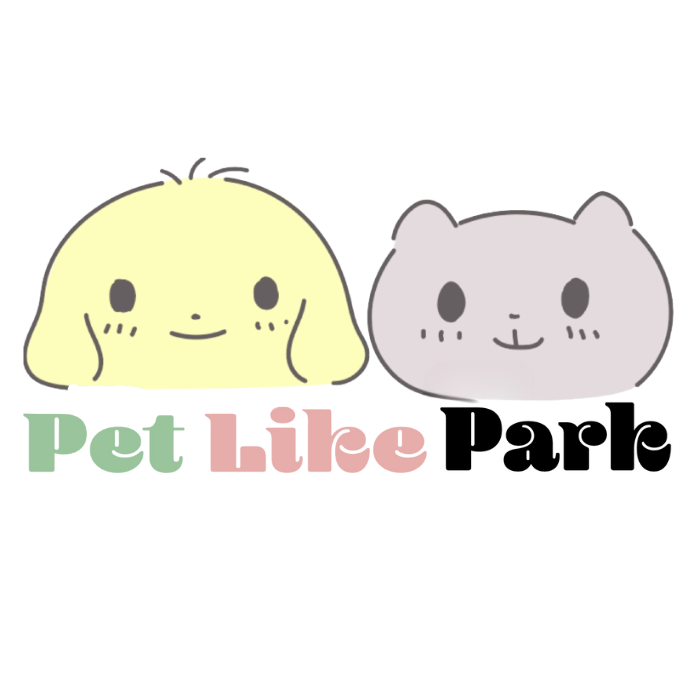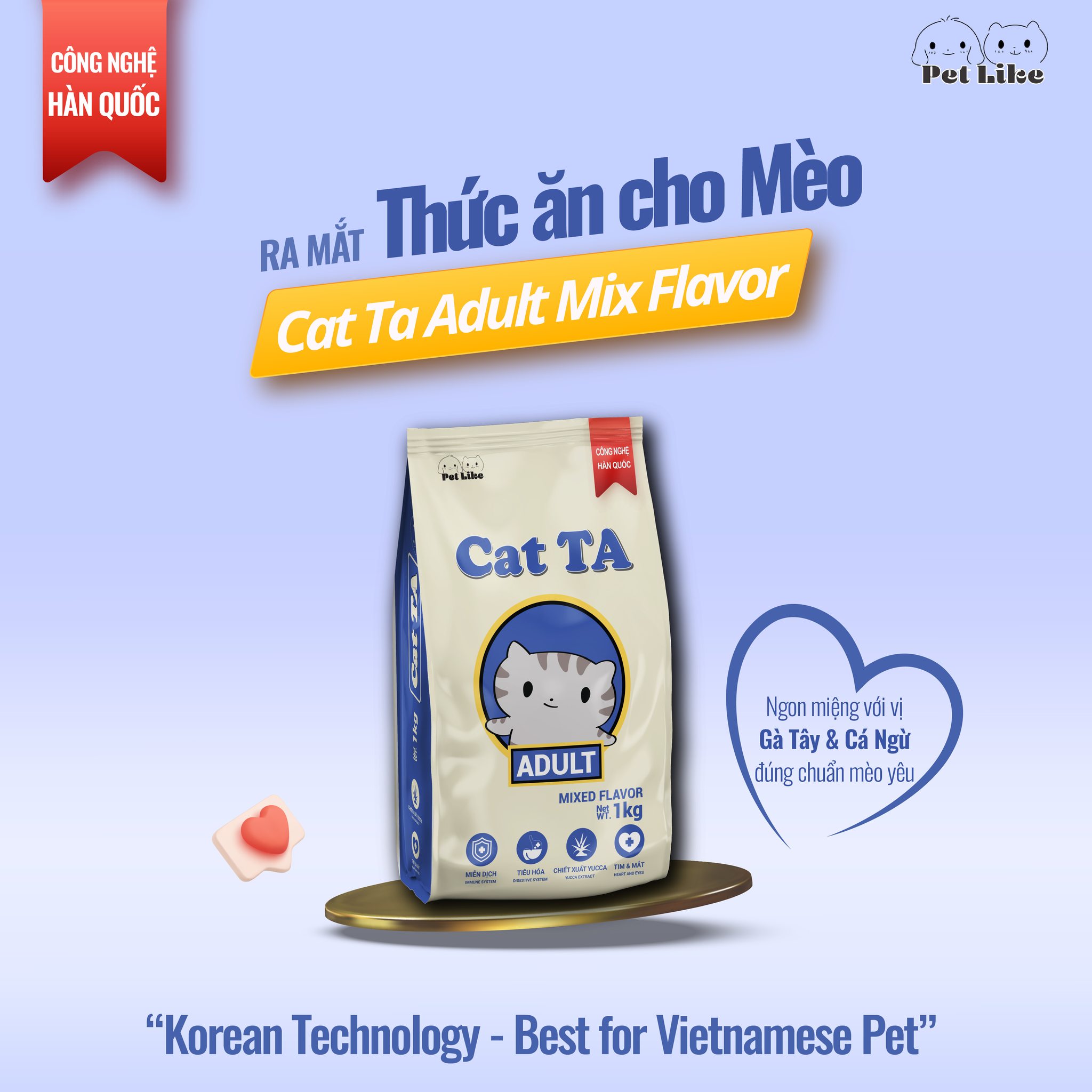What cats cannot eat and what they should not eat are questions that every cat owner should learn. Because some foods may contain ingredients that are toxic to cats, causing gastrointestinal problems or poisoning in cats that can lead to fatal. Here are 7 foods you should avoid feeding your cat:

1. Dog food
Occasional dog food may not be harmful to cats if eaten in small amounts, but dog food does not meet a cat’s unique nutritional needs. Cats need larger amounts of amino acids like taurine, and dog food does not provide enough of these amino acids for the cat’s body. Eating dog food over long periods of time can lead to nutritional deficiencies and cause health problems.
2. Chocolate
Chocolate contains compounds called theobromine and caffeine, which can be harmful to cats. Cats eating chocolate causes increased heart rate, vomiting, diarrhea, nervous system disorders that can lead to seizures, and kidney damage.
3. Onions
Onions contain compounds called disulfides and thiosulphates, which can be toxic to cats if swallowed. When cats eat onions, they can experience problems such as poor digestion, and damage to red blood cells, causing anemia, vomiting, diarrhea, loss of appetite, and dehydration.
4. Chicken bones and fish bones
Chicken and fish bones may be your cat’s favorite delicacy, but they can cause intestinal blockages, intestinal abrasions, and intestinal bleeding.
5. Dairy milk and dairy products
Most cats do not digest lactose (the natural sugar in milk) well, so drinking cow’s milk can cause indigestion and diarrhea.
6. Avocado
Avocado contains a compound called “persin” that can affect the digestive tract and cause inflammation in the pancreas in cats. Furthermore, avocados can also cause allergies in some cat breeds, causing symptoms such as nausea, diarrhea, fever, abdominal pain, or difficulty breathing.
7. Human food
Food prepared for humans often contains a lot of salt and spices, which are not suitable for cats’ digestive systems and can cause intestinal irritation, digestive disorders, high blood pressure and heart disease.







 Tiếng Việt
Tiếng Việt


